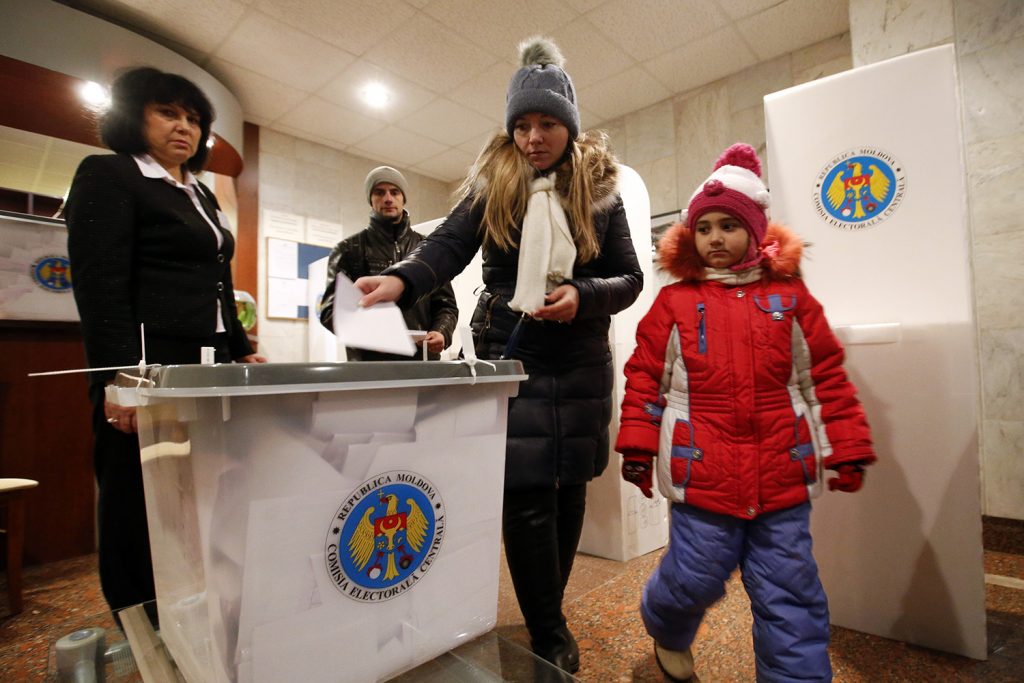Member of Italian Parliament and Vice President of the Italy USA Foundation Naike Gruppioni has raised concerns about the new Moldovan legislation which has excluded Moldovans living in Italy and other countries from voting in the upcoming presidential elections through mail-order.
In a question submitted to the Italian Minister of Foreign Affairs and European Affairs, the lawmaker sets out that the law introduced by the Moldovan Government, “violates voting universality and equality, excluding many Moldovans abroad, particularly the 140,000 in Italy, which hosts 80% of Moldovan citizens in the EU.”
On March 1, 2024, the Moldovan Government adopted a new legislation introducing mail-order voting for the upcoming Presidential elections. The law is however limited to a few countries and excludes many of the approximately 1.2 million Moldovans living outside of their home country.
In her written question, Gruppioni points out that this law has caused concerns among media, civil society, and opposition about the constitutionality and compatibility with international electoral standards. She also notes that the Moldovan Government has revoked the license of a number TV channels in the country without proper oversight – questioning the state of the democratic institutions in the country.
The question comes in light of Moldova becoming a candidate for EU membership. She writes that the “European Commission recommended starting formal accession negotiations but noted that Moldova still needs significant reforms, including in public administration and democratization.”
Mrs. Gruppioni’s questions to the Italian Minister of Foreign Affairs:
- Will the government engage with Moldovan authorities and European institutions to promote a non-discriminatory and universal voting framework?
- Has Italy been consulted by Moldovan authorities for advice on this legislation?
- What is Italy’s stance on Moldova’s intention to limit mail-order voting to the USA and Canada, excluding European residents?
- Considering that 12 TV channels in Moldova are currently unlicensed due to government decisions, which have been criticized by international NGOs for lacking legal oversight, will the government seek an EU position on these democratic rights issues in Moldova?
A formal response from the ministry is expected in the coming weeks.


















































